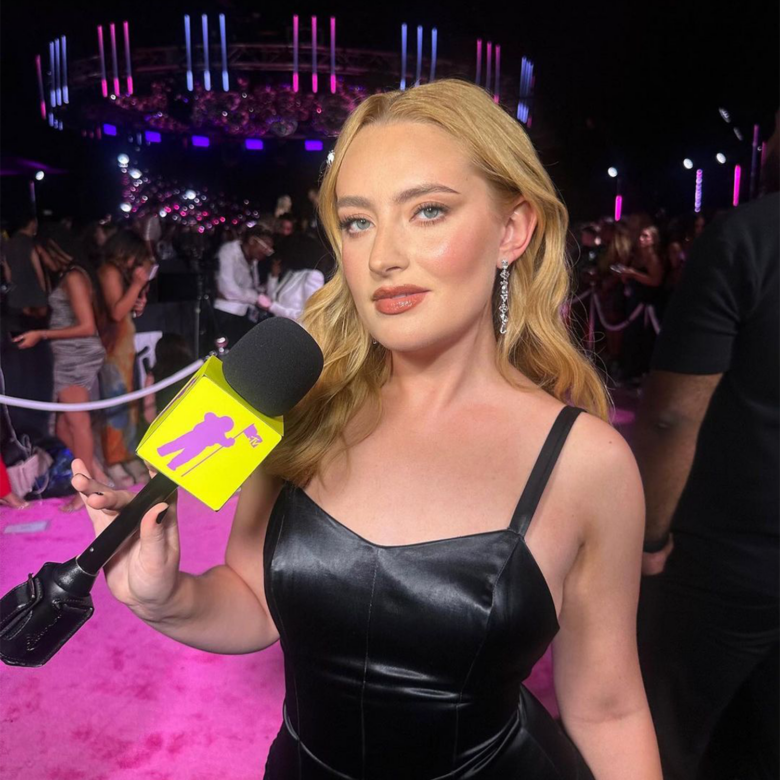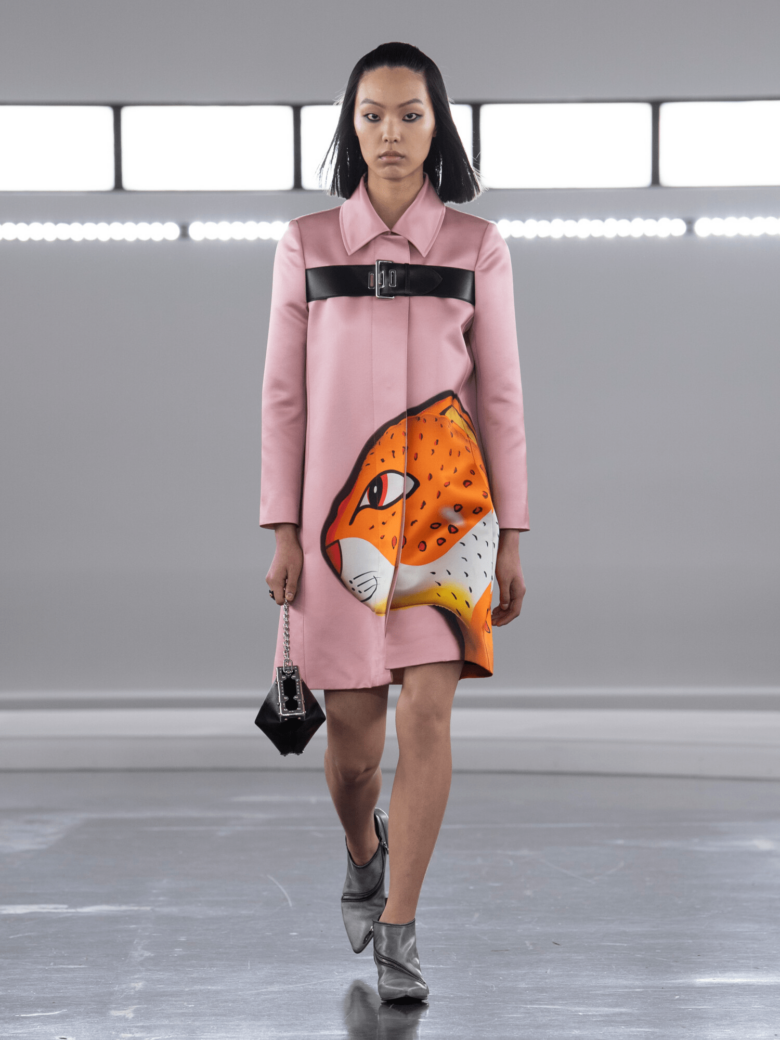Leanne Maskell
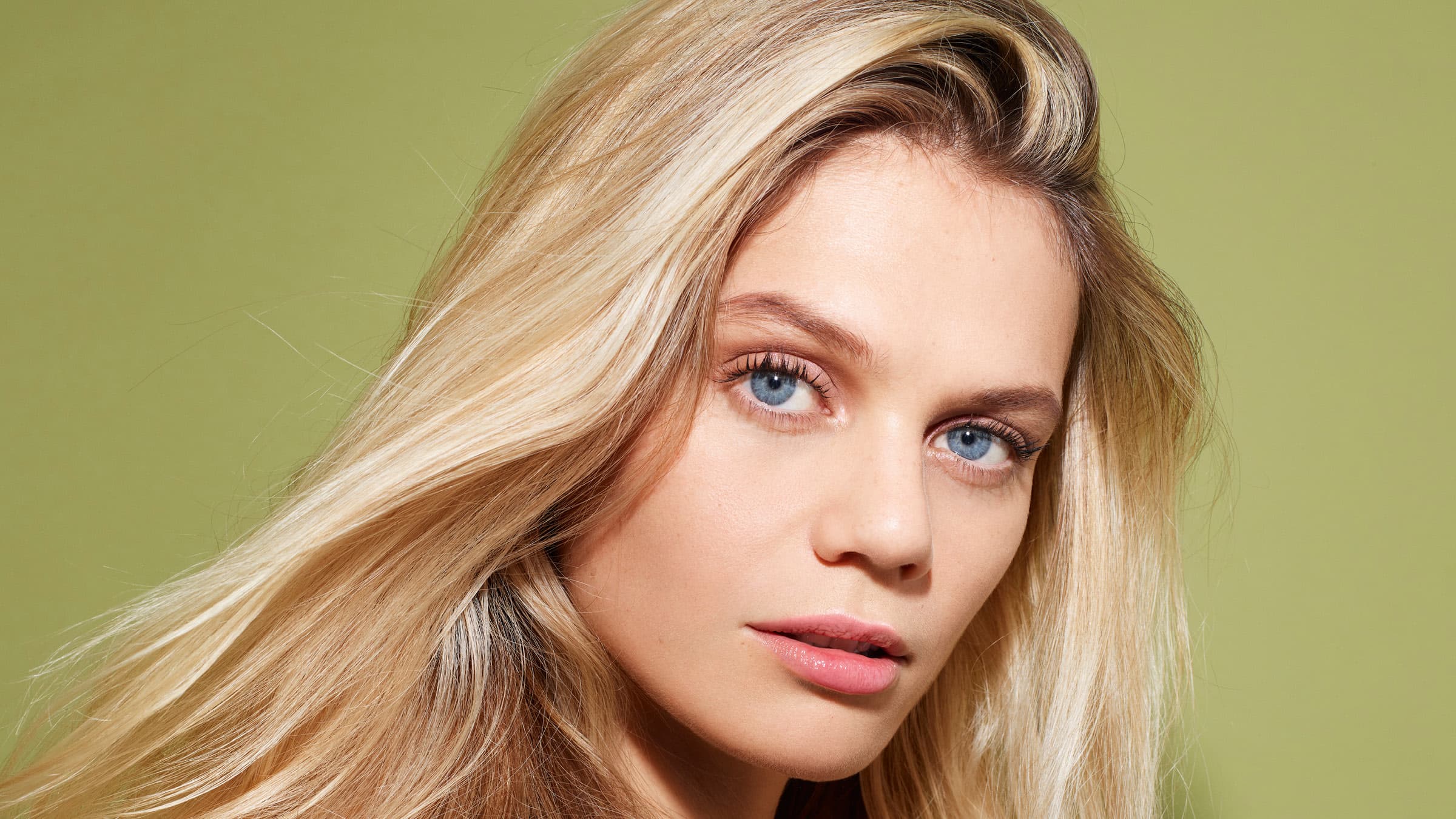
Leanne Maskell is a multi-hyphenate to say the least. Starting her career as a model, she is now the author of two books – with a third being kept under wraps – as well as making her first great strides in law.
Maskell has spent her time uncovering the taboo areas of fashion – the stories that aren’t always visible to consumers about how models are often pinioned by their agencies and faced with impossible aspirations for what they come to regard as beauty.
At the age of 13, Maskell entered the modelling world, but quickly discovered that there were parts of it that weren’t right. It wasn’t until she was older, when she reflected on past experiences which had become entangled with the non-stop nature of the job, that she realised something had to be done.
Her writing debut, The Model Manifesto: An A-Z anti- exploitation manual for the fashion industry, was her first step to ensuring she could help pave the way for a positive future for models who are regularly just thrown into the world with little guidance. ADHD: An A-Z, was her 2nd, with another – a dissection of societal concepts of beauty – on its way.
Over the phone, she says candidly that The Model Manifesto saved her life. And through the support that it’s garnered, the book has become a bedrock for how the industry should care for those that it welcomes in.
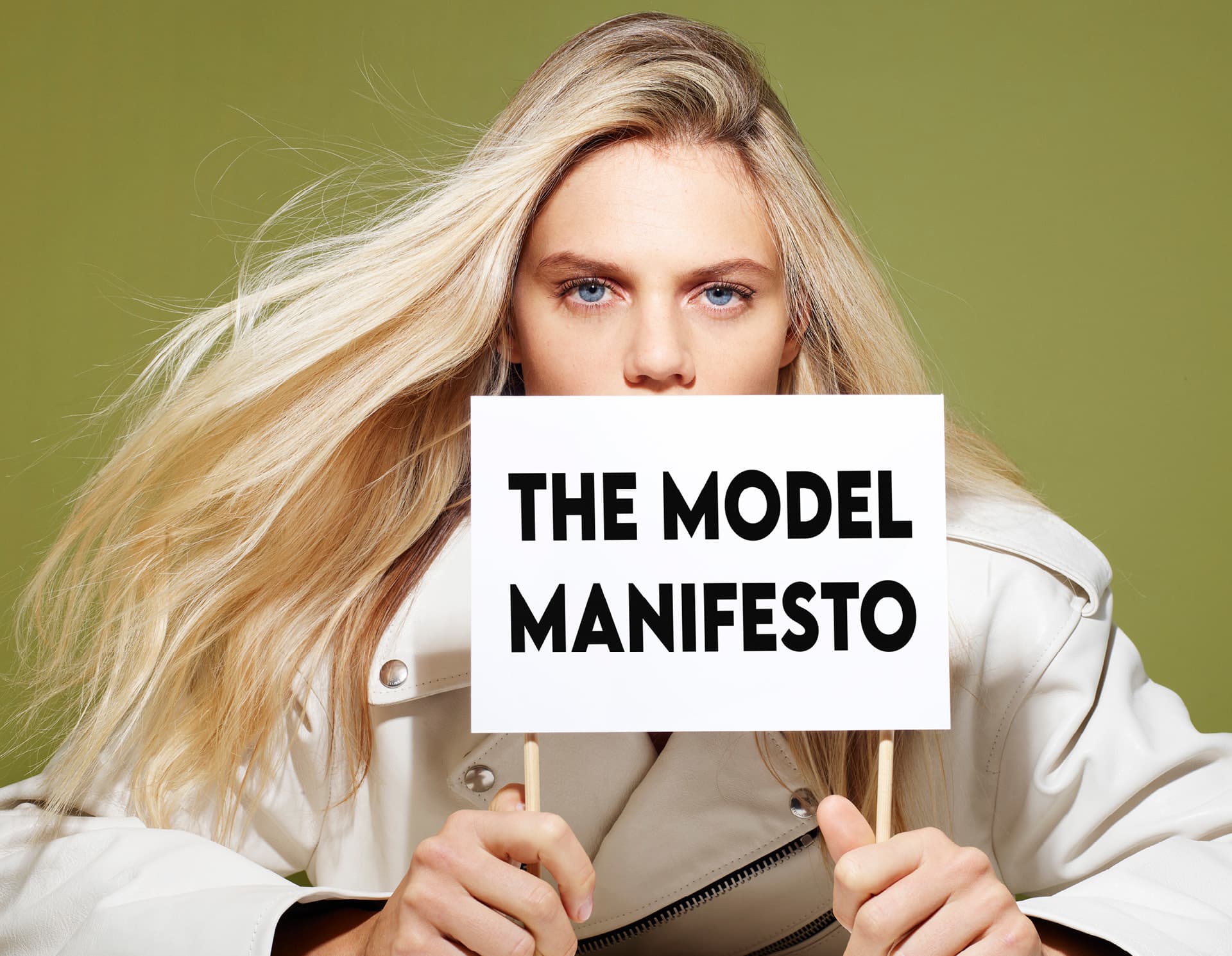
Ry Gavin: What does beauty mean to you?
Leanne Maskell: It’s definitely something I’m still trying to figure out by writing a book about it. I’ve met some of the most objectively beautiful people in the world, supermodels and celebrities. To me, my friends and family are far more beautiful; people in the street, how their faces move, when they’ve got edgings, character and life on their faces, when they smile, and their bodies are strong but soft at the same time, and they’ve got skin on them and scars… I guess, stories – these things are beautiful to me. But when I was modelling and changing backstage at shows, there wasn’t any jaw-dropping beauty for me there. I felt really sad because I would look around the room and see bones, concave chests and nude ugly thongs that we all wore. Just hungry, sad people. And these are supposed to be the most beautiful people in the world, objectively speaking.
Beauty for me is love – when you care about people and it makes you happy to see them.
RG: What is beauty in the eyes of the fashion world?
LM: I think it’s whatever is unachievable for the average person, because that’s how they sell clothes. Right now, it’s focused on distorting our bodies and attempting to look like filtered versions of ourselves on social media.
I don’t think there’s one standard of beauty. That’s what I’ve realised writing this book – the only people who decide what is beautiful are model agents. I met so many girls who had been scouted in the street, like I was, and then they would go to the agencies. Some of them had been laughed at, after having been invited. Others had ended up in hospital with eating disorders. To join an agency is not that much about how you look, but now it’s about how many Instagram followers you’ve got, how vulnerable you are and how likely you are to change everything about yourself. I don’t think it’s very much to do with beauty in the objective sense.
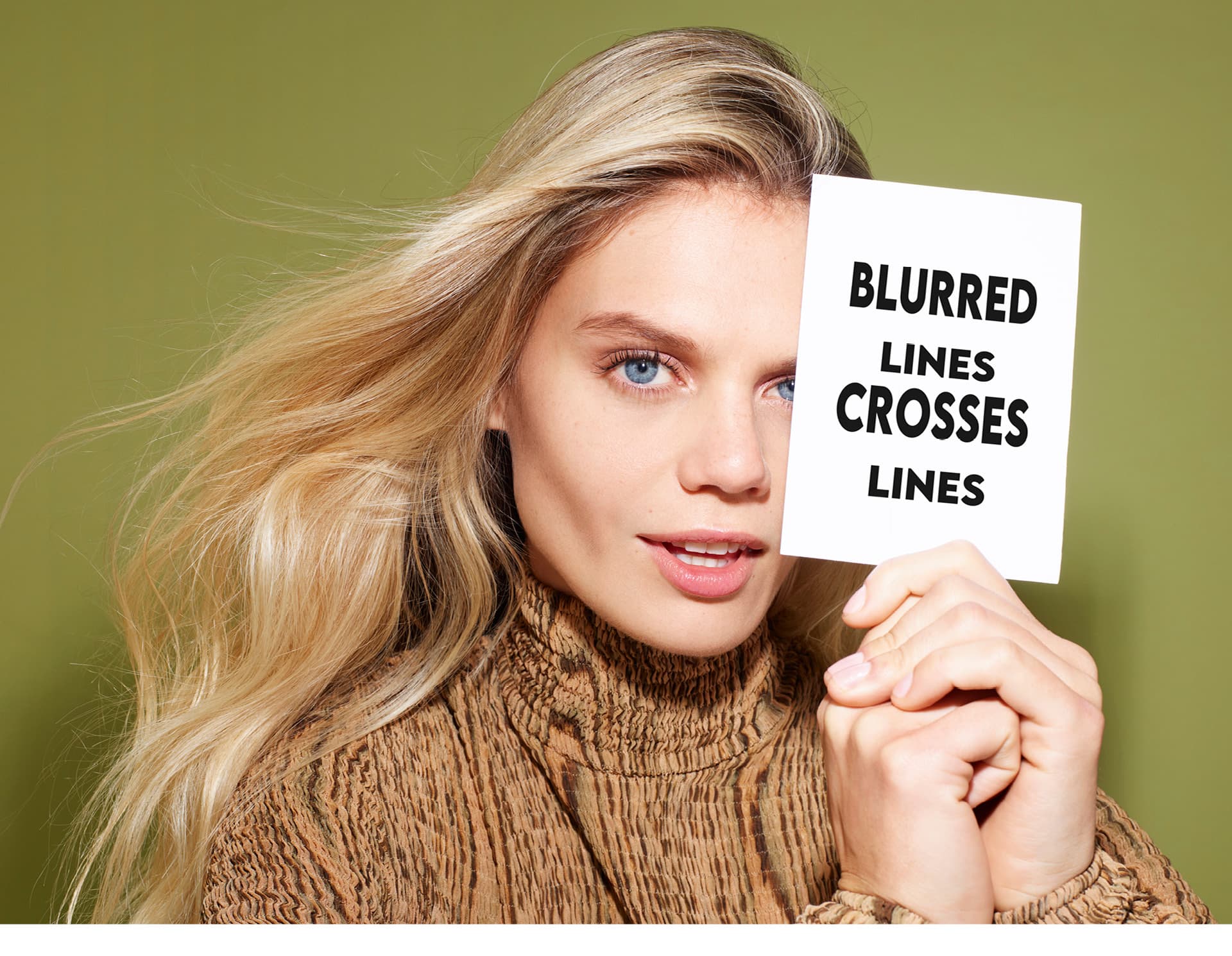
That’s the thing about modelling, people expect that you should want to do it, and you should be grateful to have the opportunity to do it. And they say, why don’t you just quit then? But it’s really hard to remind yourself this isn’t a healthy situation. It’s like getting over an addiction.
RG: How should we think about beauty as a society?
LM: In society, the concept is what we’re told is beautiful and we have to reprogram it for ourselves. The new book I’m writing is about this, and it’s almost because we are all now, instead of just models, objectifying and branding ourselves. I don’t think we need to think about beauty in a more positive way, but in a more real way.
RG: Was it difficult at times to write The Model Manifesto?
LM: Yes, as hell. Ironically, it helped me get out of an abusive relationship and I was really suicidal. So, the book was me saying, before I go, I should leave something to help us models end up not being suicidal, because I felt like I had an obligation to at least share that. It got a lot of success, but it’s difficult to feel proud of it because it came from a place where I’d given up in my life.
The Model Manifesto saved my own life, because I was able to get the help I needed and, then I ended up publishing another book about ADHD the next year.
